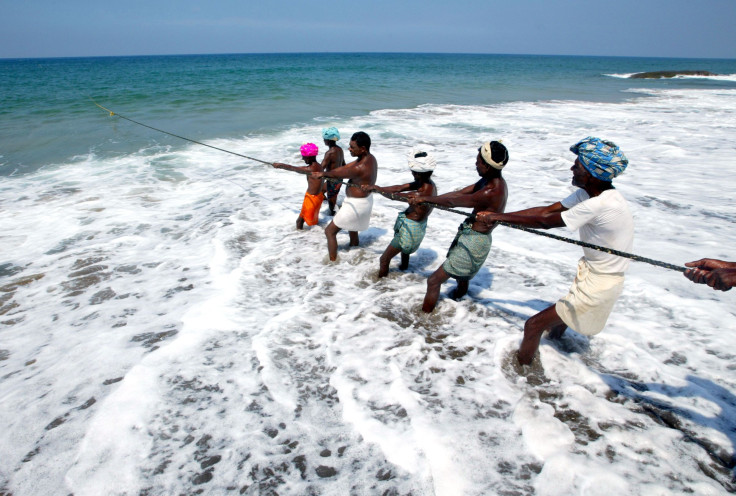Kerala, India's Tourist Magnet, Moves Towards Total Prohibition

The government of Kerala, one of India's most popular tourist destinations and a prodigious consumer of alcohol, has finalized a plan to restrict the sale of liquor over the next 10 years. The state's plan will eventually leave only upscale, five-star hotels with a license to sell liquor.
The plan begins with not renewing the licenses of 418 bars that were closed on April 1 this year for failing to upgrade to two-star facilities while another 312 watering holes still running in the state will see their licenses scrapped after March 31, 2015. From the beginning of the 2015 financial year, bar licenses will only be granted to five-star hotels in the state, which currently has 23 of them. However, the anti-liquor policy excludes 111 beer and wine parlors across the state.
"The UDF (United Democratic Front) has come out with a unanimous decision for a liquor ban in the state to achieve total prohibition,'' Chief Minister Oommen Chandy said Thursday, according to local media reports. "The aim is to achieve the target of a liquor-free Kerala in 10 years. We are fulfilling one more promise in the UDF manifesto."
The recommendation by the Congress-led UDF coalition government will first seek the approval of the state’s cabinet of ministers after which the Kerala High Court will be informed of the policy, a Times of India report said.
In a plan that intends to shut down 10 percent of its outlets every year, state-run Beverages Corporation, or Bevco, which has 334 retail liquor outlets in 14 districts of Kerala will also be phased out. Bevco does not sell alcohol on Sundays as well as the first day of every month, which is observed as a dry day in the southern state.
Kerala, which has the country's highest literacy rate, also consumes the most liquor per capita, with an average consumption of 8.3 liters (2.19 gallons) of alcohol per person. Punjab, in India's northwest, comes second with a per capita alcohol consumption rate of 7.9 liters. The national per capita consumption of alcohol in India is 4 liters.
Besides the damaging implications such a move could have on the state's tourism and fledgling information technology industries, Chandy’s decision to ban the sale of liquor will lead to a loss of $1.3 billion (80 billion rupees) in revenues, which is about a third of the state’s annual budget, and could affect an already sluggish economy.
However, the chief minister's critics say the move is a politically motivated one, because the call for restricting the sale of alcohol has gained popularity among key constituencies such as the Syrian Catholic Church, several Muslim organizations, political opponents, and even factions within the ruling coalition.
"The only option for Chandy to gain lost ground was to go to the other extreme. He did it and scored a point," a senior Congress leader reportedly said, according to the Times of India.
© Copyright IBTimes 2024. All rights reserved.




















